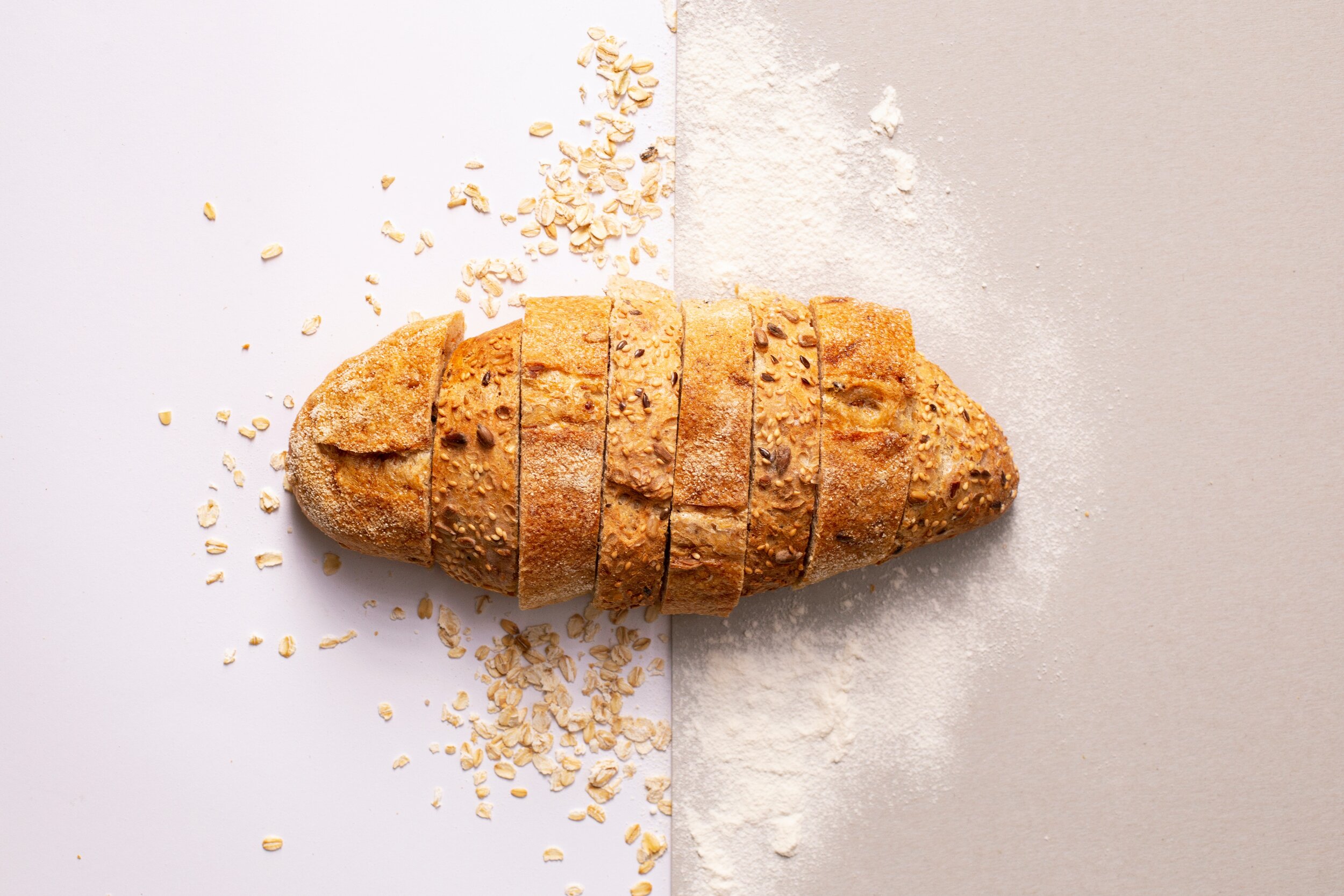How to get enough Vitamin D during self isolation
It’s safe to say that doing our part to stay at home during the COVID-19 pandemic has left us pretty much home-bound. With less time spent outdoors, we may miss out on getting enough of the “sunshine” nutrient: Vitamin D.
Why is Vitamin D so important? Apart from its role in allowing us to absorb calcium for strong, healthy bones and muscles, it is also essential in supporting our immune system, a huge priority for us right now. Many immune cells need Vitamin D to make antimicrobial proteins that fight off viruses and bacteria. If we are lacking in Vitamin D, our immune cells are not as strong in their jobs as they could be!
Thankfully, our bodies can make Vitamin D. Exposing our skin without sunscreen to sunlight, specifically UVB rays, provides the majority of our Vitamin D requirements. Just a few minutes of sunshine on our face, arms and hands most days of the week before 10am and after 3pm in Summer is all we need. Heading into Winter, this increases to two to three hours over the week. Keep in mind, UVB rays don’t transmit well through our windows, so sun exposure needs to be outdoors. Perhaps a dilemma when doing our best to stay home. So let’s talk about food.
Although food isn’t a main source of Vitamin D, there are a few tips and tricks you can use if you’re struggling to get enough sunshine.
1. Add Vitamin D rich foods to your grocery list.
These include; eggs and oily fish like salmon, tuna and mackerel. Some foods are also fortified with Vitamin D, like dairy and plant milks. Always check the nutrition label for Vitamin D content.
2. Sun soak your mushrooms.
You can boost the Vitamin D in your mushrooms by popping them in the sun, gills side up or sliced for up to one hour. One portobello or five-button mushrooms will provide enough vitamin D to meet your daily needs. Take note, we need a source of fat to absorb Vitamin D. Also, adding lemon juice helps retain Vitamin D during cooking. Our (tasty) solution? Sautee your mushrooms in a little extra virgin olive oil, add a good squeeze of lemon juice and season with garlic, thyme and cracked pepper.
3. If you have a balcony or backyard, head out there!
This is also a great way to tick off our tip to avoid overeating when working from home by separating meal times from work. So grab your brekky, lunch or snack (making sure you include Vitamin D containing foods) and get some sunshine while you eat. Just be mindful to follow sun safety recommendations to minimise the risk of skin damage or cancer.
Good Sources of Vitamin D: sun soaked mushrooms, eggs, oily fish, fortified milk and sunshine. By Lifestyle dietitian, Sydney's leading nutritionists, sports dietitians
What about supplements?
Unless you are deficient in Vitamin D, supplements are not necessary. They make it very easy to consume excess amounts which can cause nausea, vomiting, weakness and in the long-term, bone pain or kidney problems. A blood test is the best way to check your levels, so before popping a supplement, speak to your doctor.
As a Dietitian, I encourage a food first approach. Whole foods are packed with a host of other nourishing nutrients like protein and omega-3 fats (in oily fish and eggs) or fibre and flavonoids (in mushrooms). So unless you have a diagnosed deficiency of Vitamin D, following our three simple steps above will ensure you are doing your part to maintain good vitamin D levels.












